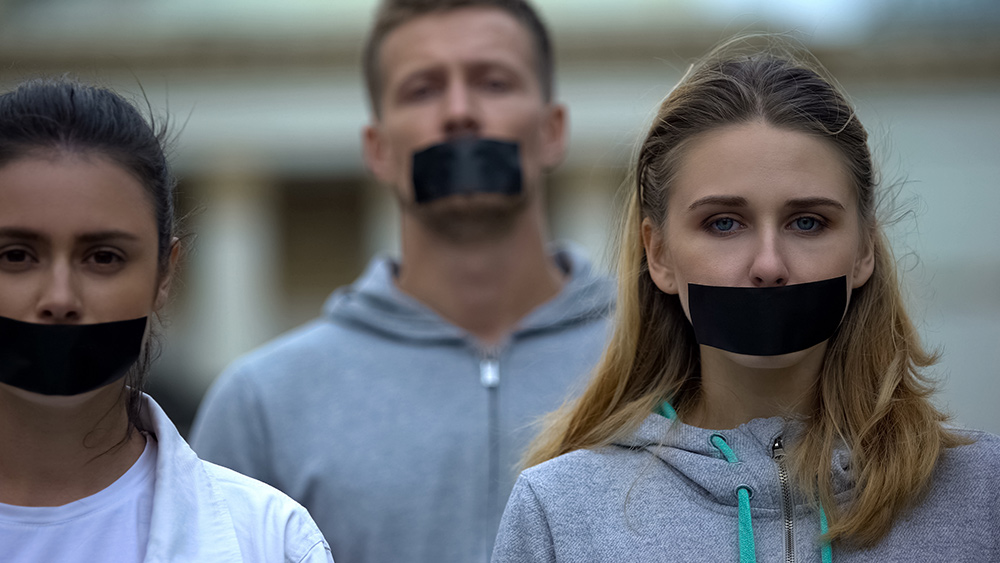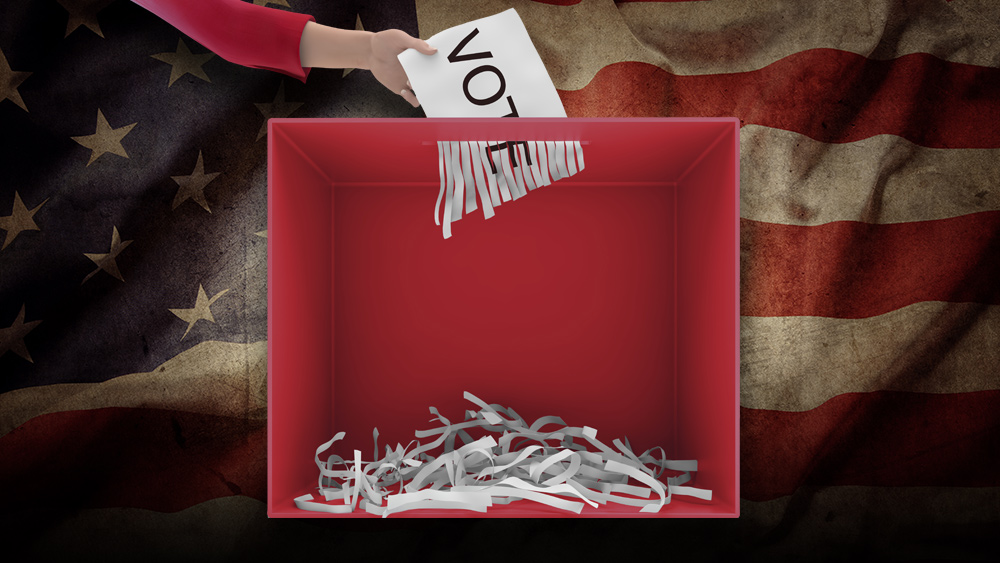Scottish police training targets blogs, podcasts, and social media under authoritarian new censorship law
Police training in some countries these days goes well beyond what one would normally expect, to include targeting content – including artistic – deemed to be “threatening” or “abusive.”
(Article by Didi Rankovic republished from
ReclaimTheNet.org)
It’s not about China – at least this time. It’s about Scotland. There, officers are learning how to put blogs, podcasts, social media posts, and even simply reposts into their proverbial crosshairs.
According to
reports, actors and comedians are not exempt from this type of scrutiny if somebody feels offended, and reports them.
A story in the Scottish press, based on leaked material, details this practice, which is said to be happening thanks to the newly enacted “hate crime law” (Hate Crime and Public Order, Scotland) – even if, formally, such interpretations appear to run afoul of the actual legislation.
The implications of the law, however, are not flying under the radar, as local media says Conservatives in Scotland are questioning the lawfulness of assessing content created “through public performance of a play” for its potential as “threatening and abusive.”
And only about a year since he was appointed to oversee the law, Assistant Chief Constable David Duncan has now retired.
Police in Scotland previously said that every report identifying content as hateful toward “protected characteristics” (such as age, disability, religion, sexual orientation, transgenderism) will be investigated.
That sounds like officers there might end up with little time to do anything else, as a scheme positioned so broadly can easily be repeatedly abused. As for the response – once they go through “every hate crime complaint” – the promise is that law enforcement will exhibit “proportionate response.”
“An example of why it is so important to preserve freedom of speech,” X owner Elon Musk commented, linking to a post about these developments.
As for the way it affects performing arts, but also everybody else – the law in effect equates memes and just good old jokes with things like, for example, revenge porn. One of the provisions states that the subject of prosecution will be “displaying, publishing or distributing the material” in places like signs, sites, blogs, podcasts, social platforms.
And that applies to these actions done both directly, and indirectly, e.g., via a repost. This is referred to as “forwarding or repeating” content from a third party.
Read more at:
ReclaimTheNet.org
 Parler
Parler Gab
Gab









